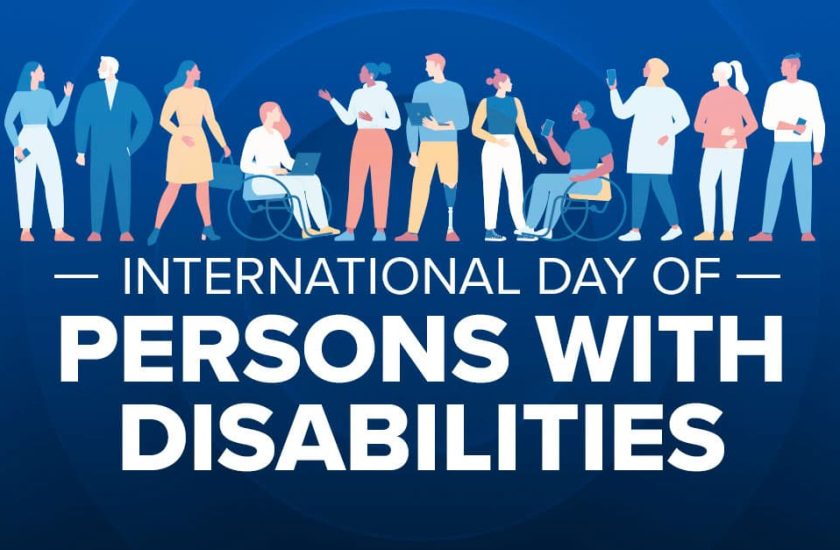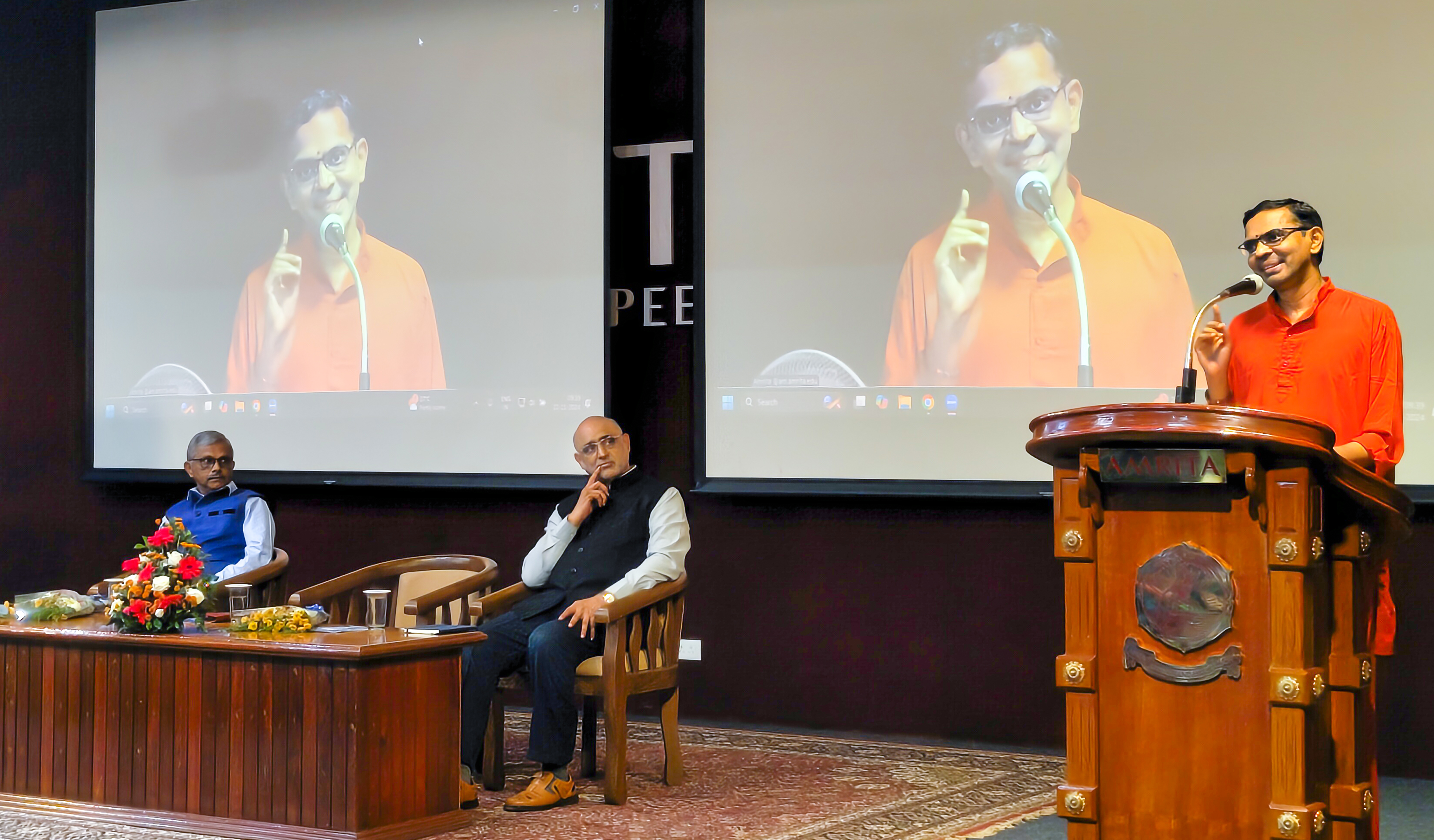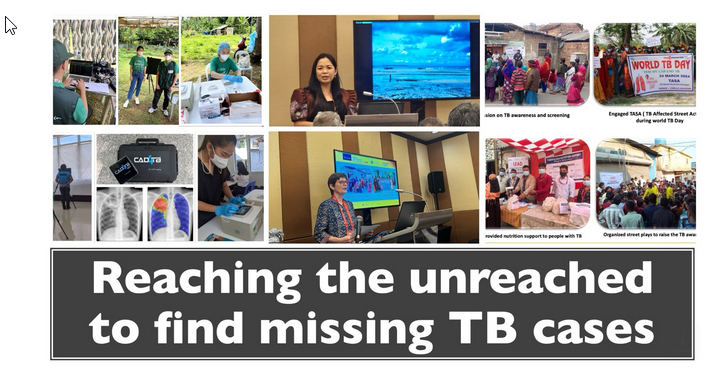n a significant development, pharmaceutical giant AstraZeneca has announced the worldwide withdrawal of its COVID-19 vaccine, Vaxzevria, citing commercial reasons. This decision comes after the company acknowledged, for the first time in court documents, a rare and dangerous side effect associated with the vaccine.
The Withdrawal of Vaxzevria: AstraZeneca revealed that the application to withdraw Vaxzevria was initiated on March 5 and took effect on May 7, signaling an end to its commercial availability in markets worldwide. The company emphasized that this decision was driven by the introduction of updated vaccines designed to combat emerging variants of the virus.
The vaccine's withdrawal from the European Union followed AstraZeneca's decision to withdraw its "marketing authorisation." Similar applications are anticipated in the United Kingdom and other nations where Vaxzevria had received regulatory approval.
Rare Side Effect and Legal Proceedings: Vaxzevria has faced scrutiny due to a rare side effect known as Thrombosis with Thrombocytopenia Syndrome (TTS), which can cause blood clots and low blood platelet counts. AstraZeneca acknowledged the association between the vaccine and TTS in court documents, explaining its commitment to transparency regarding vaccine safety.
Legal challenges have arisen, with over 50 alleged victims and grieving relatives filing a lawsuit against AstraZeneca in the UK High Court. The acknowledgment of the vaccine's rare side effect has raised concerns about its safety profile, despite reassurances from regulatory agencies.
AstraZeneca's Response: Despite the legal proceedings and withdrawal of Vaxzevria, AstraZeneca reiterated its commitment to patient safety and emphasized the overall safety profile of the vaccine. The company expressed sympathy for individuals affected by health issues related to the vaccine and reaffirmed its adherence to stringent regulatory standards.
In a statement, AstraZeneca highlighted the pivotal role that Vaxzevria played in combating the global pandemic, estimating that over 6.5 million lives were saved in the first year of use alone. The company attributed the decline in demand for Vaxzevria to the availability of updated vaccines tailored to address emerging virus variants.
AstraZeneca emphasized its collaboration with regulators and partners to navigate the withdrawal process for Vaxzevria and emphasized its commitment to concluding this chapter while continuing to contribute significantly to the global fight against COVID-19. Despite the challenges associated with rare side effects, the company remains steadfast in advocating for vaccination as a crucial tool in curbing the pandemic.
Moving forward, regulatory agencies will continue to assess the balance between the benefits and risks of COVID-19 vaccines, ensuring that public health remains the top priority. The withdrawal of Vaxzevria highlights the evolving landscape of vaccine development and showcase the ongoing efforts to enhance vaccine safety and efficacy.
In conclusion, AstraZeneca's decision to withdraw Vaxzevria reflects the complexities of vaccine development and the importance of transparent communication regarding vaccine safety. While challenges persist, the global community remains committed to harnessing vaccines as a cornerstone of pandemic response and recovery.

 AstraZeneca's decision to withdraw Vaxzevria reflects the complexities of vaccine development and the importance of transparent communication regarding vaccine safety.
AstraZeneca's decision to withdraw Vaxzevria reflects the complexities of vaccine development and the importance of transparent communication regarding vaccine safety.










.jpeg)







.jpg)







.jpg)




